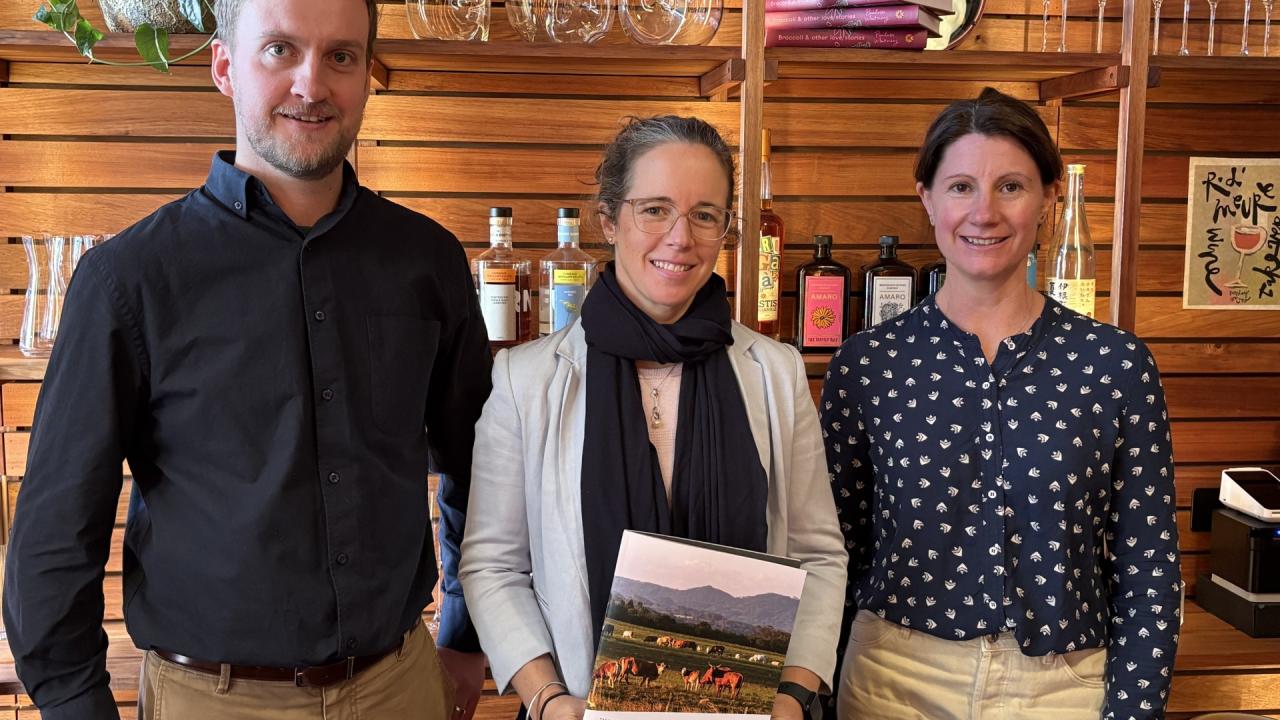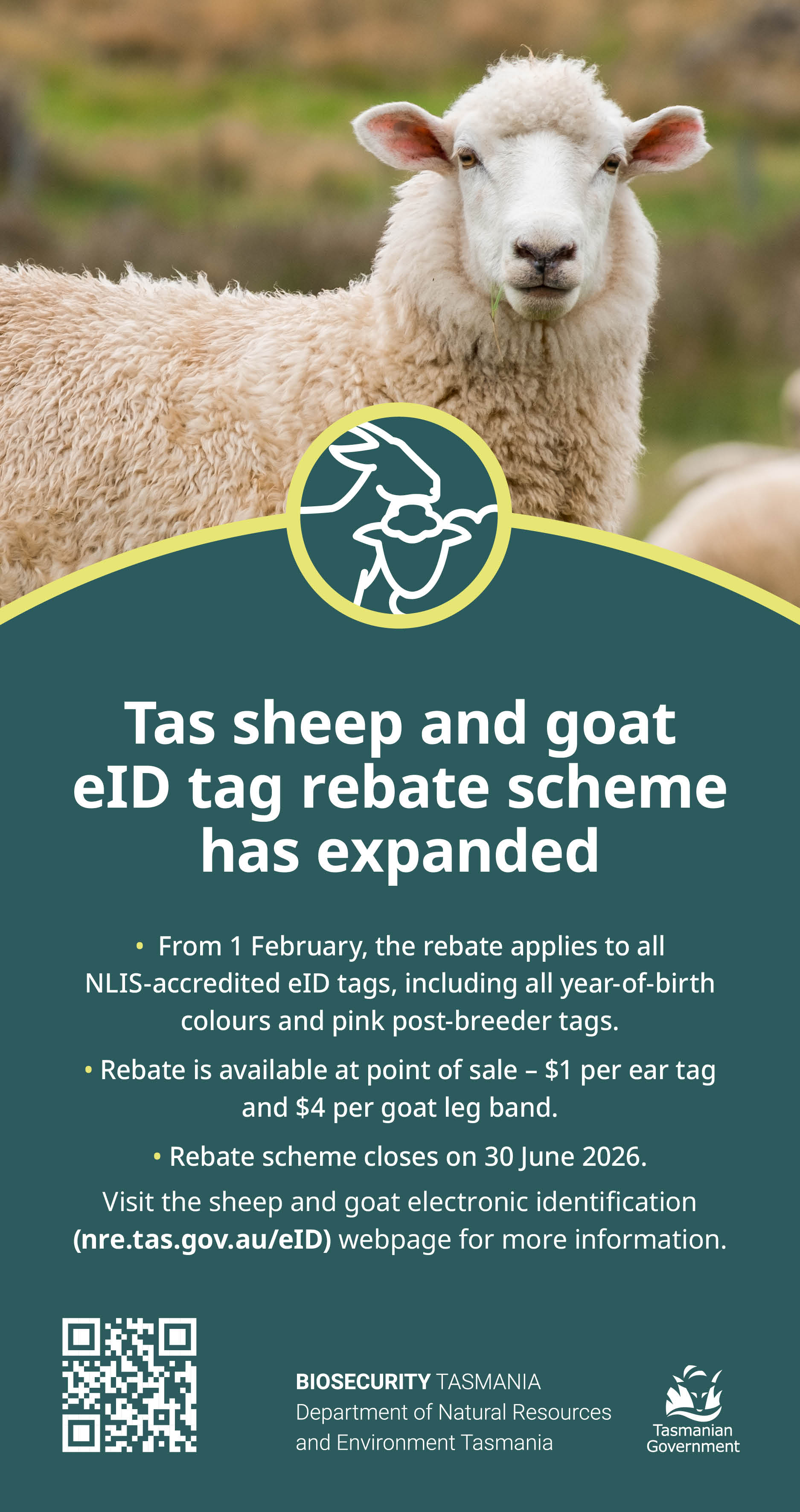Tasmania's meat processing woes

A NEW report has outlined how the state’s meat processing sector is stretched to its limits and struggling to meet the needs of Tasmanian farmers.
Sprout Tasmania has released the Tasmanian Livestock Service-Kill Processing Report, which the State Government funded through its Strategic Industry Partnership Program.
The organisation surveyed more than 145 farmers, butchers, abattoir operators and stakeholders around the state.
Sprout Tasmania CEO Jennifer Robinson said she was not surprised by the report’s findings.
“For many years there has been this challenge for producers of any scale – but particularly smaller-to-medium ones – that are having challenges with accessing service-kill provision right across the state,” Ms Robinson said.
“It was really highlighted to me in 2018 when JBS stopped processing at its Devonport abattoir.
“I was involved in the Government Advisory Task Force at that time and being embedded in that made me realise just how tenuous the situation is for so many needing an abattoir.
“Not much has improved since 2018.”
There are currently 11 service-kill abattoirs operating in Tasmania, with five in the North-East, four in the North-West and two in the South.
Ms Robinson said despite the closures there was still a demand for abattoirs, especially from smaller producers.
“The other interesting thing to note was that some large-scale farmers who completed the survey are keen to see part of their livestock numbers returned to them so that they’re able to do things like sell their meat to agritourism customers, as an example, or diversify when perhaps the commodity market is not kind to them. At the moment they have no chance to do that because we don’t have service-kill provision at a larger scale as an offering here in the state.
“We are so hamstrung that even our larger-scale farmers who want to diversify can’t.”
Ms Robinson said it was “near impossible” for new meat producers in Tasmania to enter the industry because of the abattoir situation.
“The data definitely demonstrates that there has been a percentage of farmers who have not chosen to farm livestock for meat anymore.
“Some of them have stopped farming altogether if meat processing was the only part of their business.”
Sprout Tasmania wants to see immediate investment and reform to stop the complete breakdown of the state’s small-scale meat supply chain.
“There’s no silver bullet,” Ms Robinson said.
“Everybody knows that these systems are complex, so there is no one small thing that will solve everything.
“But we do know that if work is collaboratively undertaken across different areas, then we can definitely see an improvement.”




Add new comment